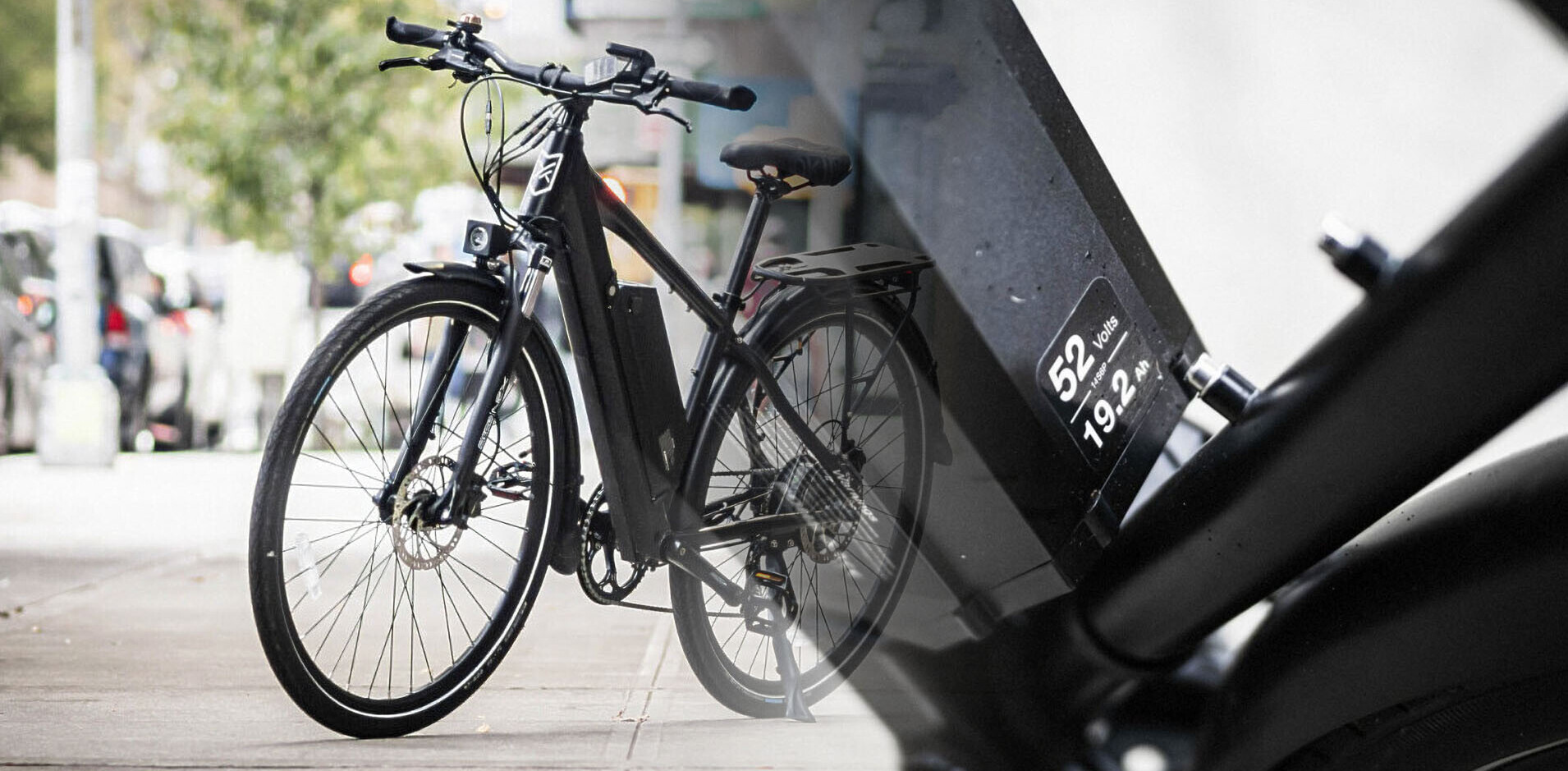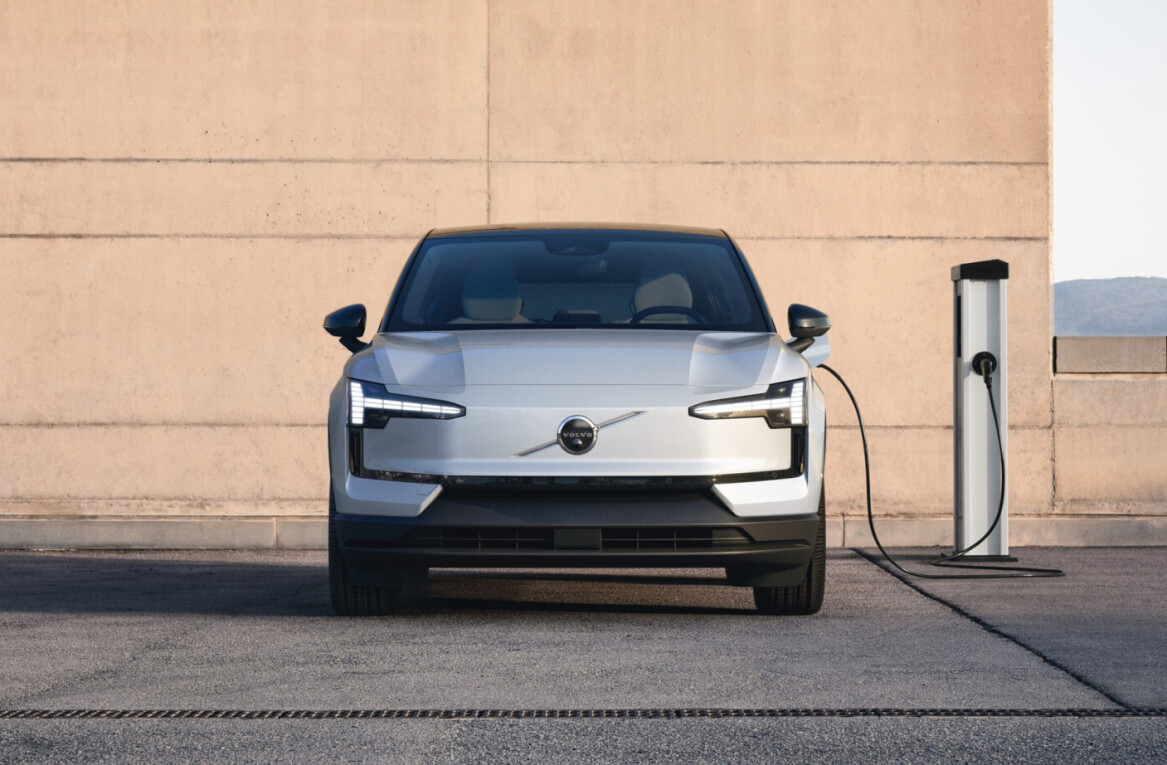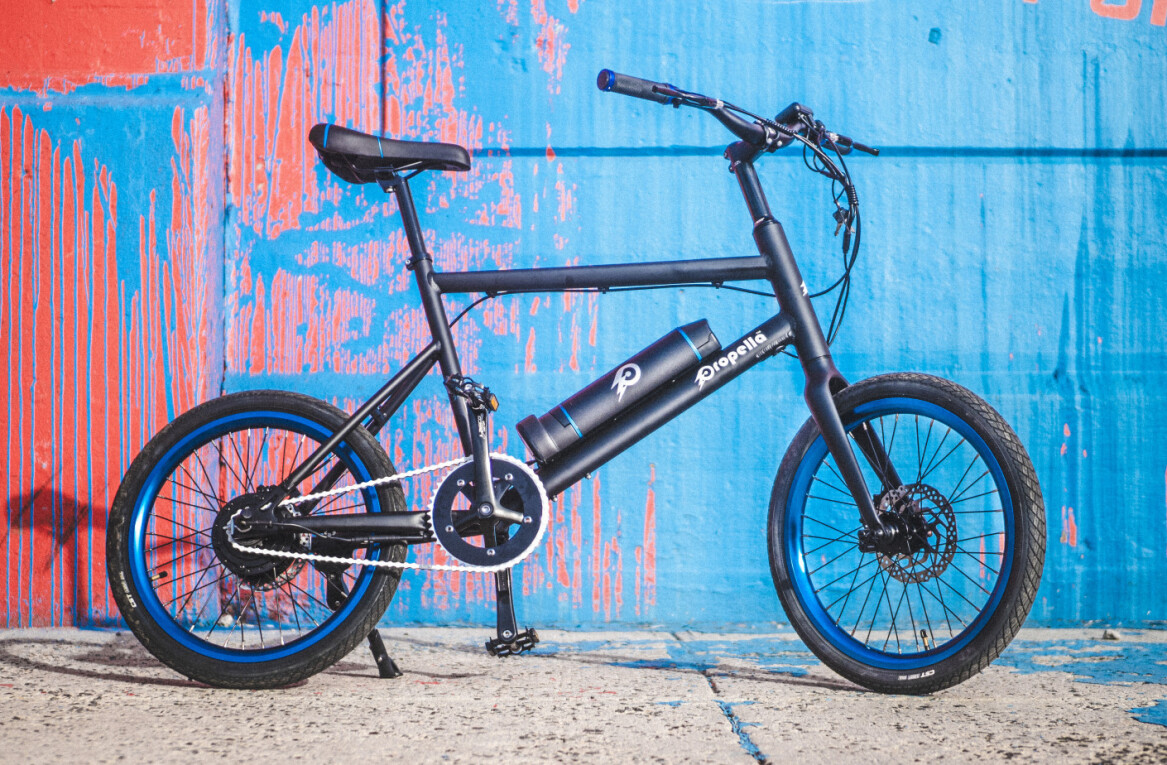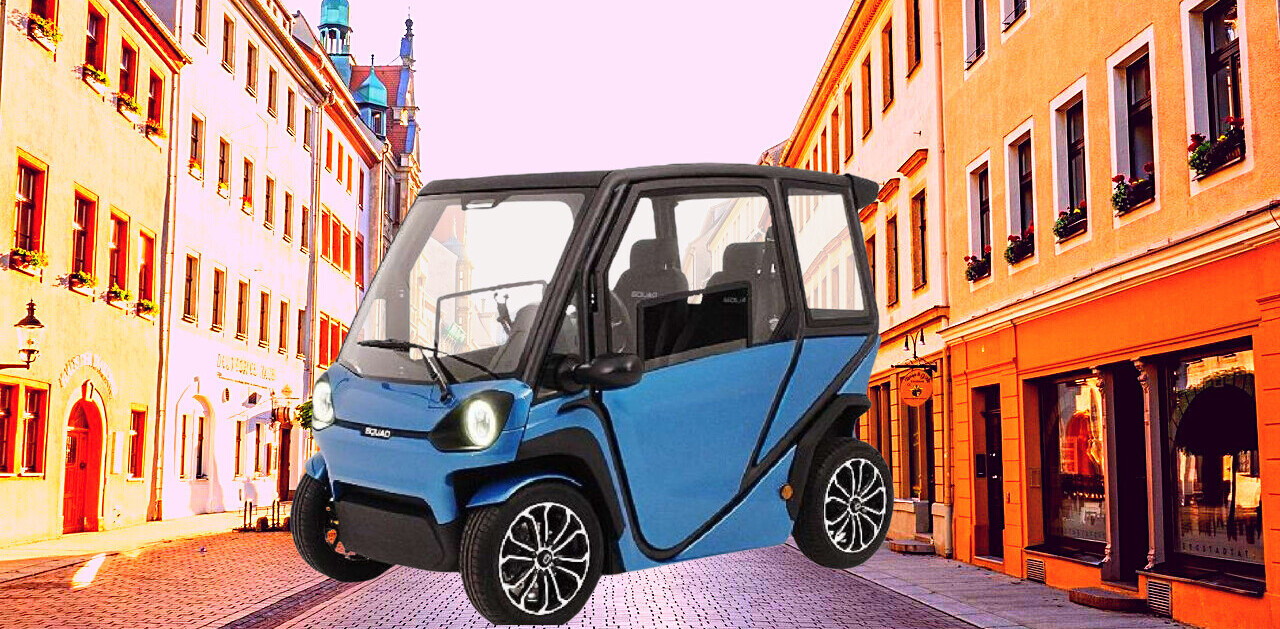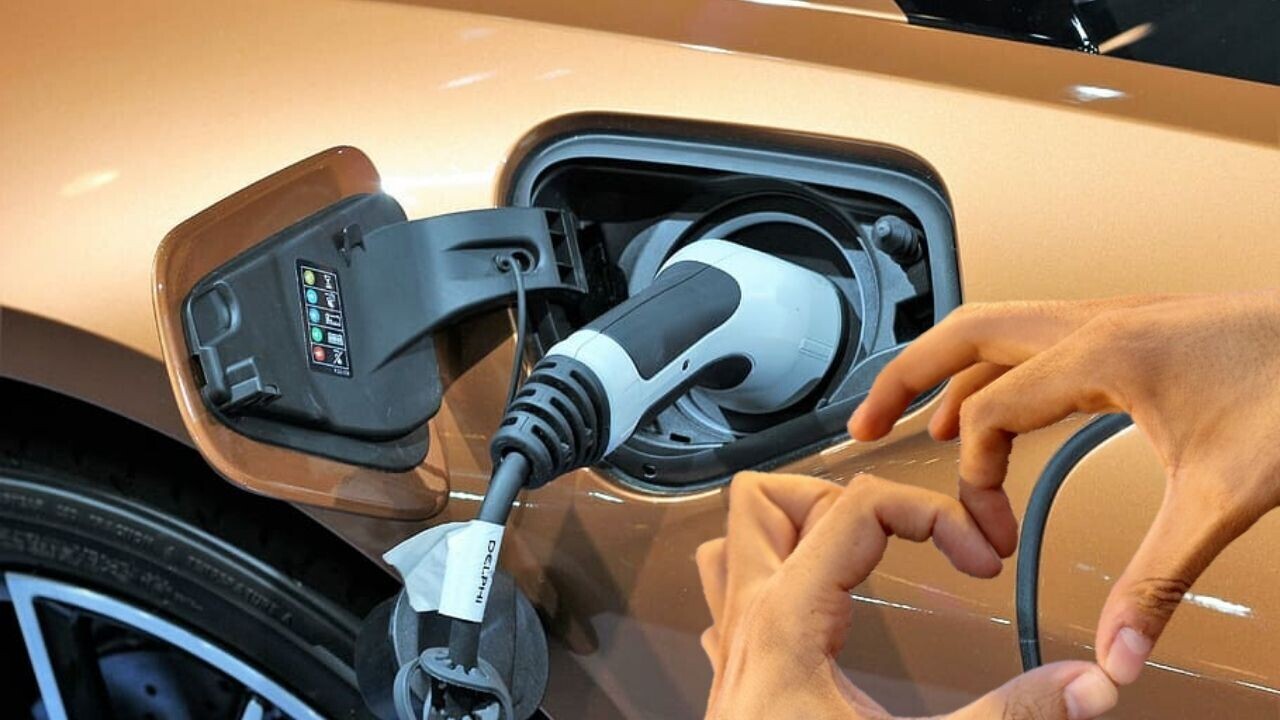
Did you know SHIFT is taking the stage on Sept 30 and Oct 1? Together with an amazing line-up of experts, we will explore the future of mobility during TNW Conference 2021. Secure your ticket now!
This year, the NewMotion EV Driver Survey questioned over 10,000 respondents from five key European markets (Germany, the Netherlands, France, UK, and Belgium) to identify fresh insights into the electric vehicle driving and charging experience.
So, what do EV drivers think about going green? What are their charging patterns? And which kind of improvements would they like to see?
Let’s take a look at six things you need to know about.
1. EV drivers are more environmentally aware
The biggest motivator for going electric is the environmental benefits, chosen by nearly six out of 10 respondents. Meanwhile, drivers also showed support for charging functionalities that can further improve a positive environmental impact.
Specifically:

2. They prefer charging on the go
Almost two-thirds (62%) of respondents said their preferred way of charging was using on-street charge points. The next most population option was parking garages, shopping locations, and leisure destinations, at 46%.
Some 68% of EV drivers own a home charger, while 38% have charging points available at their workplace, and 15% have neither option, meaning that they solely rely on a standard sockets or on-the-go charging.

3. Most EV owners are registered to more than one charging networks
Nearly all drivers (94%) have at least one network’s card, while 74% have more than two.
Among those with multiple cards, 97% have a favorite one they use more than the others. For 37% that’s because the particular card offers cheaper prices, and for 22% it’s because it offers wider coverage and more charging locations.
Interestingly, 69% of drives believe that their main card gives them access to all the charging locations they need, but they prefer to have an additional charge card as a “just in case” measure.

This underlines that range anxiety remains a significant issue for EV users and, in fact, 54% of the respondents agree that they are worried about the lack of charge points in the future.
3. There’s rising demand for fast charging
The most desired improvement of respondents is the further development of fast charging infrastructure.
Fast chargers are still mostly found on highways to enable longer journeys, which means that they aren’t a daily feature for many. In fact, less than half of respondents use them once a week, and 13% have never used them.
4. Once drivers go green, it’s rare to turn back
The sample shows that the majority of respondents are loyal to EVs, once they’ve tried them. More than three out of 5 drivers expect to purchase a battery electric vehicles as their next car. Two out of 10 would consider a plug-in hybrid, and only 4% would switch back to petrol or diesel.
In fact, EV user, rate their vehicles very favorably compared to petrol and diesel cars.

For those who expect to again buy a battery electric vehicle, the top five preferred brands are Tesla, Nissan, Renault, Hyundai, and Volkswagen.
5. EVs can change the driving behavior
Nearly half of drivers say that they’ve started driving more efficiently, with lower speed and gentler acceleration, since switching to an EV. That’s likely to do with range, as gentle driving can better preserve battery life.
At the same time, 23% of drivers are taking advantage of the higher torque electric vehicles offer and actually find themselves accelerating faster than they used to. A mere 5% of respondents remark that they haven’t noticed any changes in their driving behavior.
6. Insiders’ suggestions to boost EV adoption
Given their overall positive experience with electric driving, EV owners have also shared their own propositions to encourage the transition from conventional vehicles.
Ranked from most to least important, they suggest the following:
- Improved battery range
- Better charge point availability
- Faster charging
- Lower purchase cost
All in all, the survey’s data shows that it’s the inherent qualities of an EV that matter; sustainability and driving experience are what get people through the door.
And although governments, car manufacturers, and charging companies are important stakeholders in building EV momentum, the reputation of EVs as capable, enjoyable cars is vital to give people the confidence to make the change.
Do EVs excite your electrons? Do ebikes get your wheels spinning? Do self-driving cars get you all charged up?
Then you need the weekly SHIFT newsletter in your life. Click here to sign up.
Get the TNW newsletter
Get the most important tech news in your inbox each week.

